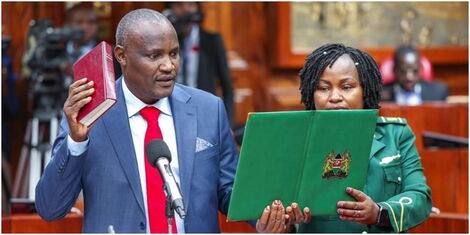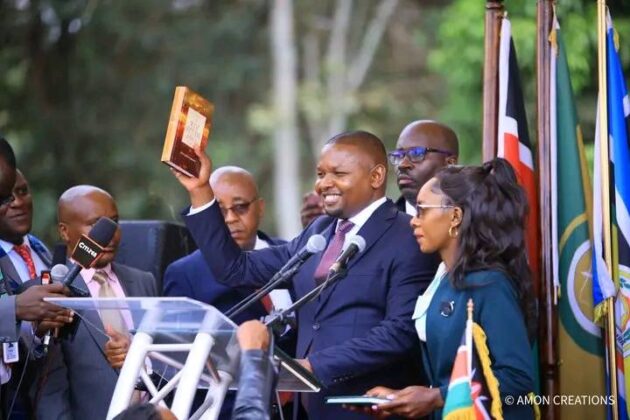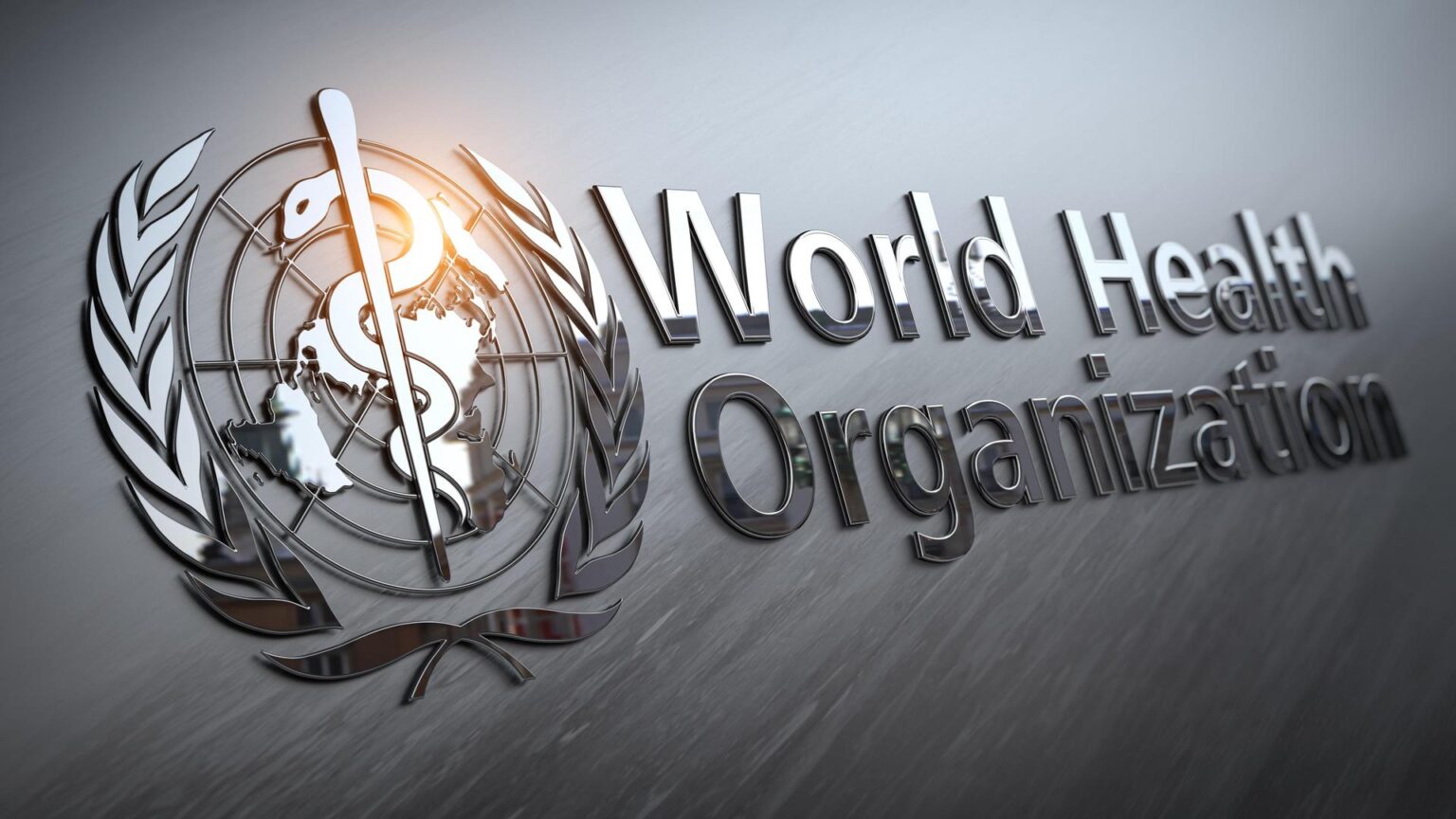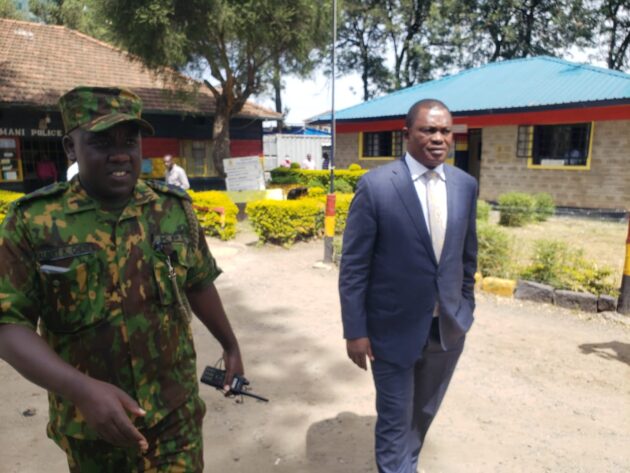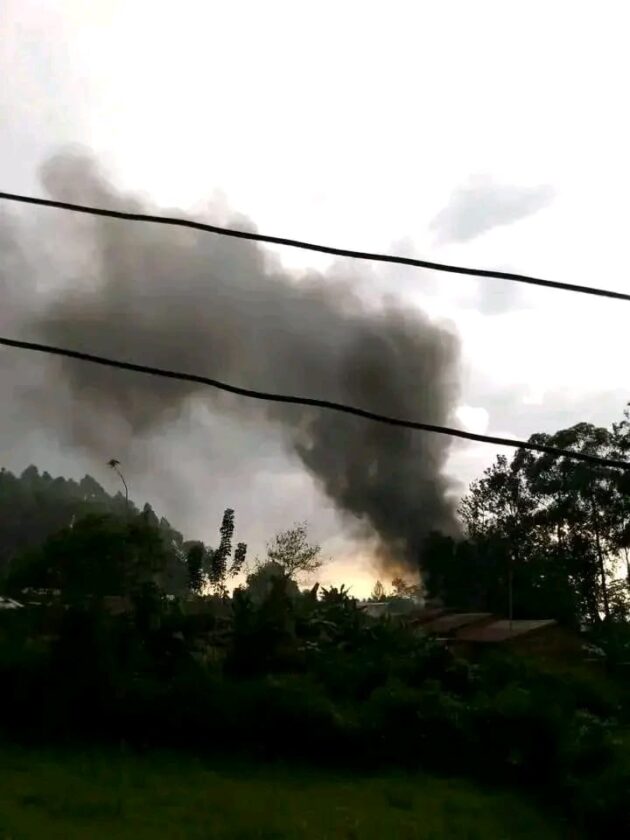
The sad thing about power in Kenya is how it constantly shifts, surprises, and often defies expectations. From the early days of independence to the current administration of President William Ruto, the Kenya political space has proven to be an elusive and unpredictable force.
Political alliances have been forged and broken, leaders have risen and fallen, and new generations have found their voice in the ever-evolving narrative of Kenyan politics.
Kenya’s journey as an independent nation began with great promise in 1963 when Jomo Kenyatta became the first president. However, the optimism of independence soon gave way to political maneuvering and betrayal. Kenyatta’s rule saw the sidelining of his former allies, such as Jaramogi Oginga Odinga, who was marginalized after falling out with Kenyatta over ideological differences.
This early betrayal set a precedent for the politics of exclusion and personal loyalty that would characterize Kenyan politics.
“Political alliances have been forged and broken, leaders have risen and fallen.”
When Daniel arap Moi took over in 1978, he promised to follow in Kenyatta’s footsteps. However, Moi’s tenure became synonymous with the centralization of power and political repression. The infamous Nyayo House torture chambers are a grim reminder of how power was used to silence dissent.
Moi’s rule also saw rampant corruption and economic mismanagement, but he maintained a firm grip on power through a network of patronage and loyalty.
Mwai Kibaki’s rise to the presidency in 2002 was greeted with euphoria. His promise to end corruption and revitalize the economy resonated with a population weary of Moi’s autocracy.
However, Kibaki’s tenure was not without its challenges. The 2007 election, which Kibaki won under controversial circumstances against Raila Odinga, led to widespread violence and loss of life. The post-election violence revealed deep ethnic divisions and the fragility of the political system. The subsequent coalition government with Mr. Odinga was an uneasy truce that underscored the unpredictable nature of power-sharing in Kenya.
ALSO READ: How Raila’s Handshakes Changes Governments Tunes
The 2013 elections brought together an unlikely alliance between Uhuru Kenyatta and William Ruto, both of whom faced charges at the International Criminal Court for their alleged roles in the 2007-2008 violence. Their union was seen as a marriage of convenience, driven by mutual benefit rather than ideological alignment.
Despite winning the presidency, their alliance eventually crumbled. By the 2022 elections, Kenyatta had thrown his support behind long-time opposition leader Raila Odinga, leaving Ruto to fend for himself. Ruto’s victory in the 2022 elections widened the rift between him and President Uhure Kenyatta.
Amid the political betrayals and shifting alliances, a new force has emerged in Kenyan politics: the Gen Z protest movement. This tech-savvy, outspoken generation has taken to social media and the streets to demand change. Their activism signals a shift in the political landscape, where traditional power structures are being challenged by a more informed and connected populace. The Persistent Issues being corruption with numerous scandals involving high-ranking officials, unemployment among the youths, and broken promises despite the changes in leadership. The abduction and disappearance of critics and activists further illustrate the darker side of power in Ruto’s administration. These incidents highlight the lengths to which those in power will go to maintain their positions, often at the expense of human rights and democratic principles.
